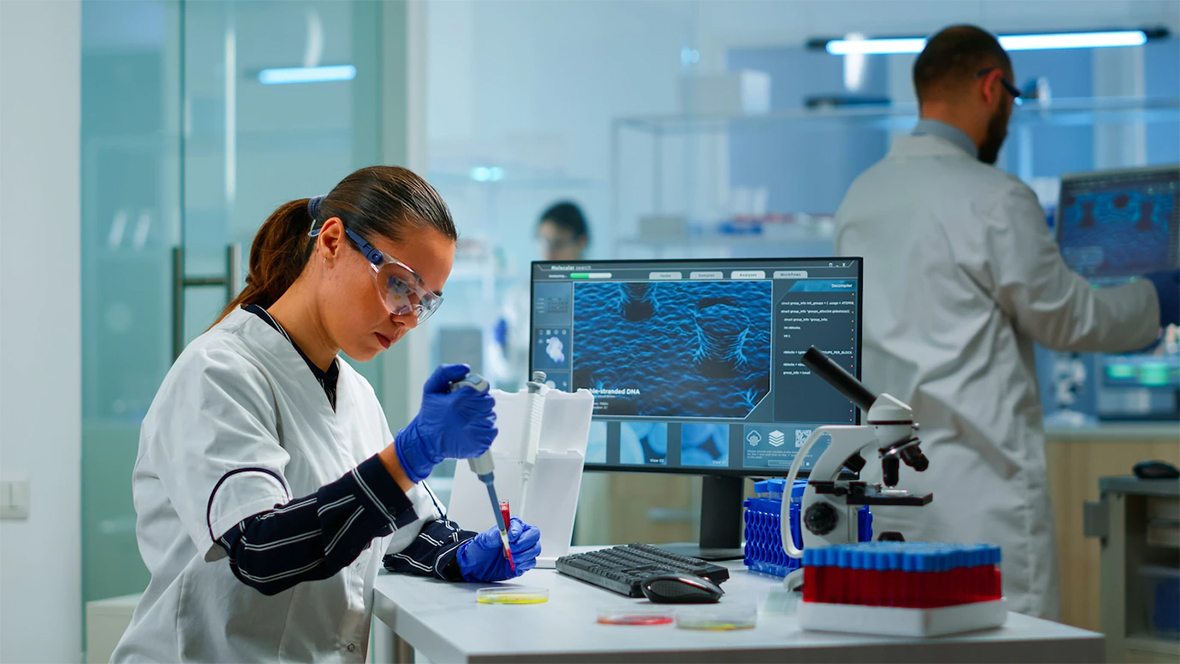
A Bachelor of Pharmacy (B.Pharm) is an undergraduate degree focused on the study of pharmacy, pharmaceutical sciences, and healthcare. Prudential Education BPharm is a four-year full-time course offered at the UG level. Prudential Education provides admission to BPharm courses based on the entrance exam.
Becoming a pharmacist opens doors to a dynamic and in-demand career. Prudential Education’s B.Pharm equips you with the specialized knowledge and practical skills to excel in this rewarding field. From understanding the latest medications to providing personalized patient care, you will gain the expertise to make a tangible difference in people’s lives. With a Prudential B.Pharm, you’ll be poised to embark on an enriching journey of lifelong learning and professional growth. This program is designed to equip students with the knowledge and skills needed for a dynamic career in pharmacy and healthcare.
